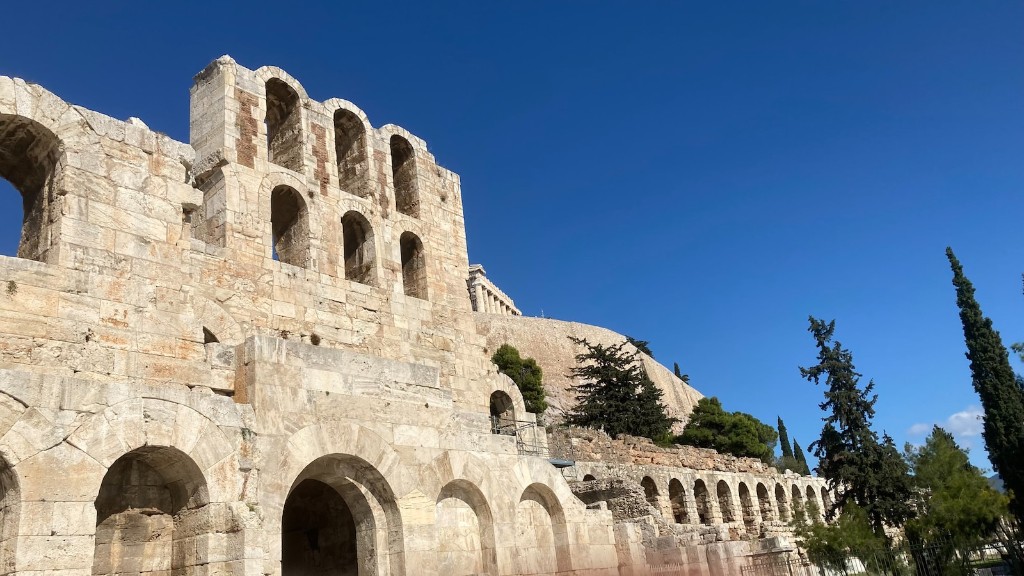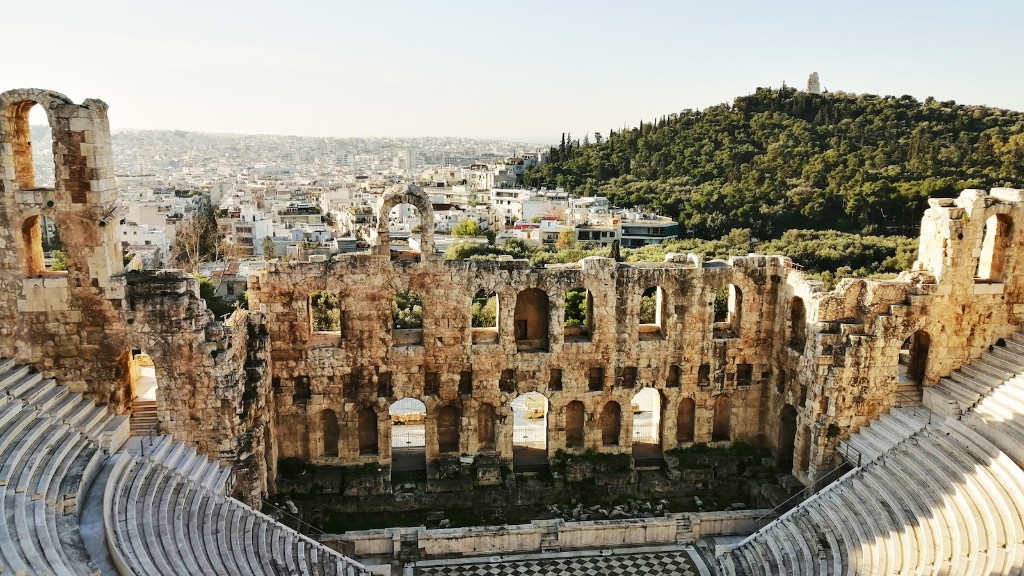How is Ancient Greece Different From Today
Introduction
Ancient Greece, with its rich history and cultural heritage, has influenced countless aspects of modern society. Despite the passage of centuries, numerous differences separate the two eras. This article aims to explore the distinctions between ancient Greece and the present day, shedding light on the changes that have shaped our world.
Ancient Greek Society
Ancient Greece was a collection of independent city-states united by language, religion, and a shared heritage. Each city-state, such as Athens, Sparta, and Corinth, had its own unique customs and political systems. The citizens of these city-states were primarily focused on public life, participating in politics, military affairs, and cultural events. Slavery was also an integral part of ancient Greek society, with enslaved individuals serving as laborers, household help, and even tutors.
In terms of governance, ancient Greece was characterized by direct democracy, where eligible citizens had the right to participate in decision-making processes. This form of government, while representing progress in its time, contrasts significantly with the representative democracies prevalent in most modern nations.
Economy and Trade
Ancient Greece relied heavily on agriculture as its primary economic activity. The fertile land and favorable climate allowed for the cultivation of various crops, including grains, olives, and grapes. Additionally, ancient Greeks engaged in trade, both domestically and internationally, connecting with neighboring civilizations and establishing vibrant merchant networks.
In contrast, today’s world is largely driven by a complex global economy. Industrialization and technological advancements have transformed the nature of work, with services and manufacturing becoming dominant sectors. Moreover, international trade has expanded to unprecedented levels, facilitated by advanced transportation and communication technologies.
Education and Philosophy
One of the most significant contributions of ancient Greece to the world is its intellectual legacy. Education played an essential role in ancient Greek society, and philosophers like Socrates, Plato, and Aristotle shaped the development of Western philosophy. These great thinkers emphasized critical thinking, introspection, and the pursuit of knowledge, laying the foundation for scientific and philosophical inquiry in subsequent centuries.
In contemporary society, education remains a hallmark of progress, but its focus and methodology have evolved significantly. Today, education systems emphasize a broader range of disciplines and subjects, incorporating advances in science, technology, and social sciences. Critical thinking and inquiry remain essential, yet educational philosophies vary, reflecting diverse cultural traditions worldwide.
Art and Architecture
Art and architecture constituted essential aspects of ancient Greek civilization, displaying a meticulous attention to detail and a celebration of human form and beauty. Greek architectural styles, characterized by grand temples, amphitheaters, and statues, continue to inspire architects and artists to this day. Notably, the principles of symmetry and harmony were highly valued by ancient Greeks, reflecting a deep appreciation for aesthetic balance.
In the modern era, art and architecture have undergone significant transformations, reflecting changing tastes, cultural shifts, and technological advancements. Contemporary artists explore a diverse range of styles and mediums, often challenging traditional conceptions of beauty and form. Architecture is now marked by towering skyscrapers, innovative materials, and sustainable design, reflecting the demands and aspirations of a rapidly evolving society.
Conclusion
Ancient Greece and the modern world differ in numerous respects. While ancient Greece serves as a source of inspiration and admiration, it is crucial to recognize the progress made over the centuries. The changes in governance, economy, education, and art reflect the dynamic nature of human society and our ongoing pursuit of knowledge and advancement.


